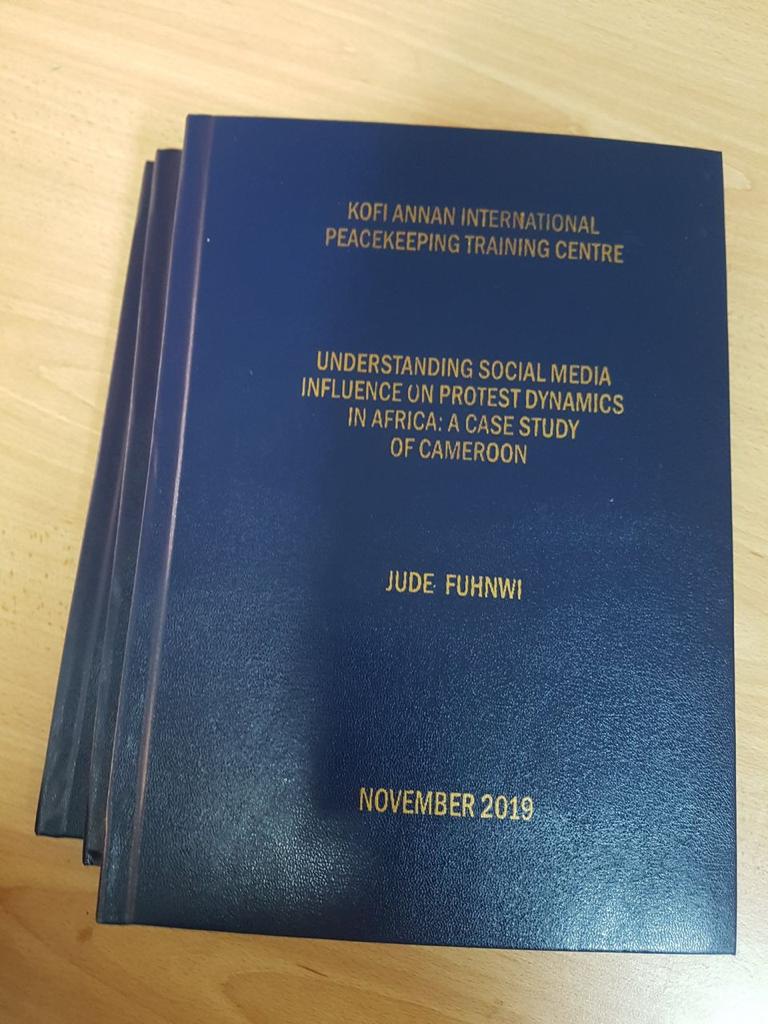Social Media and Protest Dynamics in Africa
Over the last decade, Africa has witnessed some of the most spectacular episodes of protest, including the Arab Spring that exploded in the northern countries between 2010 and 2012. The most recent protests on the continent have taken place in Algeria, Sudan, Tunisia and Cameroon.
My thesis on social media and protests in Africa has found that in all of these cases, protest movements have used social media not only to rally and mobilize citizens against authoritarian rule, but have also used it strategically – Facebook, WhatsApp and Twitter in particular – as part of their efforts to draw international support and recognition, and to build bridges across movements in geography for mutual support.
The fact that security forces in parts of Africa enjoy near total impunity even when they violate national and international norms in breaking up protests increasingly makes social media a safer space for organizing protests against repressive governments.
The escalating armed conflict in the English-speaking regions of Cameroon has demonstrated how protestors exploit the potential of social media to express discontent against government and security agencies, leading to the unfolding clash between social media and post-colonial dictatorship, which in some parts of the country has transformed peaceful protests into armed conflict.
If you are interested in understanding the nature of protests in Cameroon, how the advent of social media has changed the way people protest and what that means for state-society relations, then this study provides some important contribution to knowledge worthy of reading.
I have interrogated the implications of the use of social media in protests for the consolidation of democracy and peace in Cameroon. Consistent with the liberation technology theory, I found that social media has facilitated protest participation and offered a safer space for protestors to escape the government’s brutal response on street protests.
Most importantly, that social media has weakened the state’s tight control of the media space and made it possible for Cameroonians to increasingly engage in political discussions happening online, thus enabling a more inclusive and participatory approach to democracy, but has also played an important role in nurturing division and violence – in some cases leading to armed conflict and undermining serious rational deliberation for solutions to political issues.
